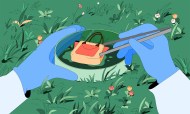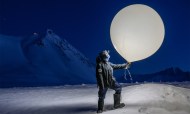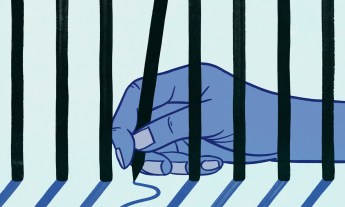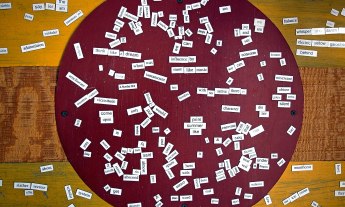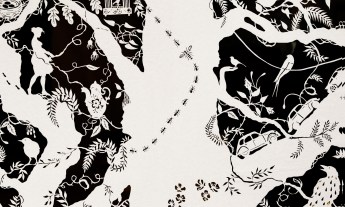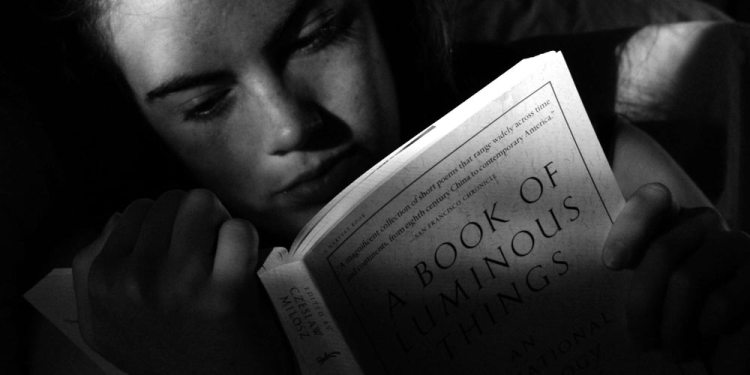
In an ode to the art of odes, poetry critic Stephen Burt demonstrates through lyrical explication that the practice of poetry is tied to being human. Says Burt, “The patterns in poems show us not just what somebody thought or what someone did or what happened, but what it was like to be a person like that — to be so anxious, so lonely, so inquisitive, so goofy, so preposterous, so brave.” It is, Burt suggests, our ability to imagine the hypothetical that makes poetry work.
But in so many ways poetry is the opposite of work: It can’t apply force or move matter; it can only be, on a page. Indeed, the act of reading a poem is often singularly sedentary, requiring the reader to concentrate fully in a giant arm chair, intently focused. As Auden is oft quoted as saying, “Poetry makes nothing happen.”
The line, from his poem “In Memory of W. B. Yeats,” is a lyrical misnomer. In the first stanza from this elegy to the Irish giant of modernist poetry, he writes, “What instruments we have agree / The day of his death was a dark cold day.” Ever the wry lamenter, Auden evokes a common human feeling: that nature responds to our human joys and tragedies. Yet rationally we know that the death of Yeats had no bearing whatsoever on the weather conditions of the winter day — because poetry makes nothing happen.
Even so, Auden continues, poetry “survives / In the valley of its making”; “it survives, / a way of happening, a mouth.” In other words, poetry may not live but it does survive; it outlasts its makers and acts as a voice beyond death. And though a poem doesn’t make things happen, it happens — every time someone reads it. Rather than a static item printed on a page, a poem is an event that occurs with each new reader and with each new reading. And the opposite is also true: Without a reader, a poem is nothing but an imprint, the residue of an idea one writer had once. Says Burt in his talk, “Poetry helps me want to be alive.” I think for poems, the feelings are mutual.
[ted id=2013]
Photo: .sarahwynne./Flickr.





